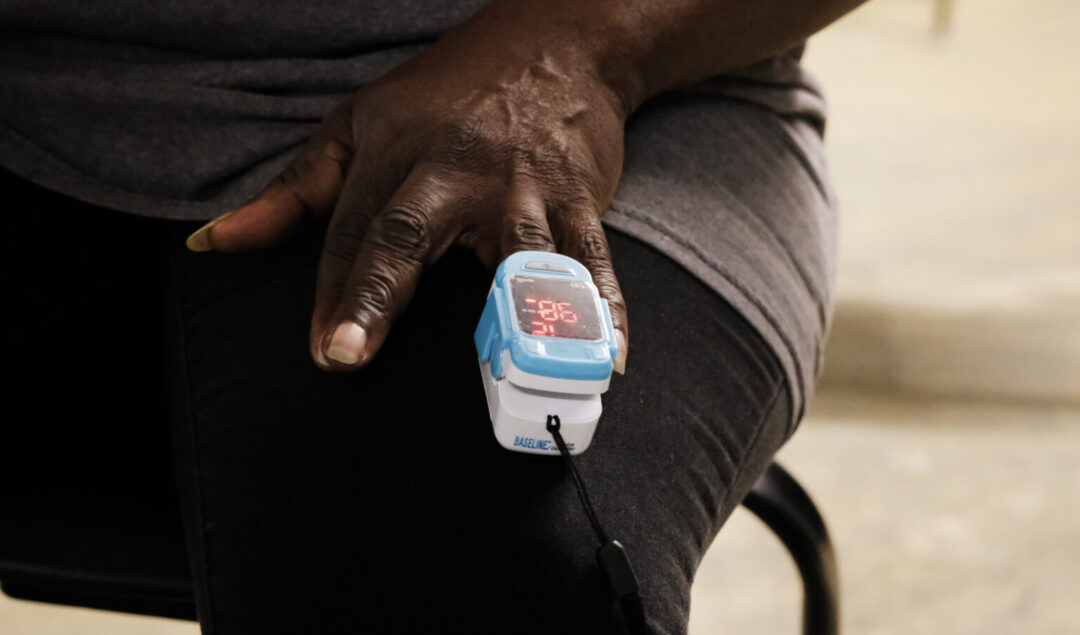Inaccurate Oxygen Readings Impacted Covid-19 Care For Patients Of Color

According to a recent study published in JAMA Internal Medicine, pulse oximeters were less accurate in Black and Hispanic patients, which led to delayed care for severe Covid-19.
The research comes years after Thomas Valley, an assistant professor of medicine at the University of Michigan, and colleagues’ publication on the inaccuracy of devices in Black patients stoked widespread interest in the impact on affect care.
For the JAMA study, the researchers looked at data on 7,448 patients from five hospitals in the Johns Hopkins Health System between March 4, 2020 and November 21, 2021.
All of the patients received pulse oximeter measurements, and blood gas measurements were taken for around 1,200 of the patients.
The researchers then compared the measurements from arterial blood gas tests to the pulse oximeter readings and found significant discrepancies for patients of color.
On average, pulse oximeters overestimated Black patients’ oxygen saturation by 1.2 percentage points, 1.1 percentage points for Hispanic patients, and 1.7 percentage points for Asian patients, reported The Advisory.
Those may sound like small differences, reported Statsnews, but because oxygen levels are so critical to health – treatment protocols for many diseases, including Covid, can differ dramatically when small differences are detected in oxygen levels.
Black patients whose eligibility for Covid treatment was eventually confirmed by pulse oximetry had treatment delayed by an hour compared to white patients, the researchers found.
Patients who never received treatment were not included in this accounting.
“These are likely patients who were seen in emergency rooms and sent home,” said Tianshi David Wu, an assistant professor of medicine at Baylor College of Medicine and co-lead author of the new study.
He called pulse oximeters “de facto gatekeepers” for Covid treatment because low readings on these devices are key criteria for deciding how aggressively patients should be treated. “There are patients that probably should have had these therapies, and the majority were Black patients,” he added.



